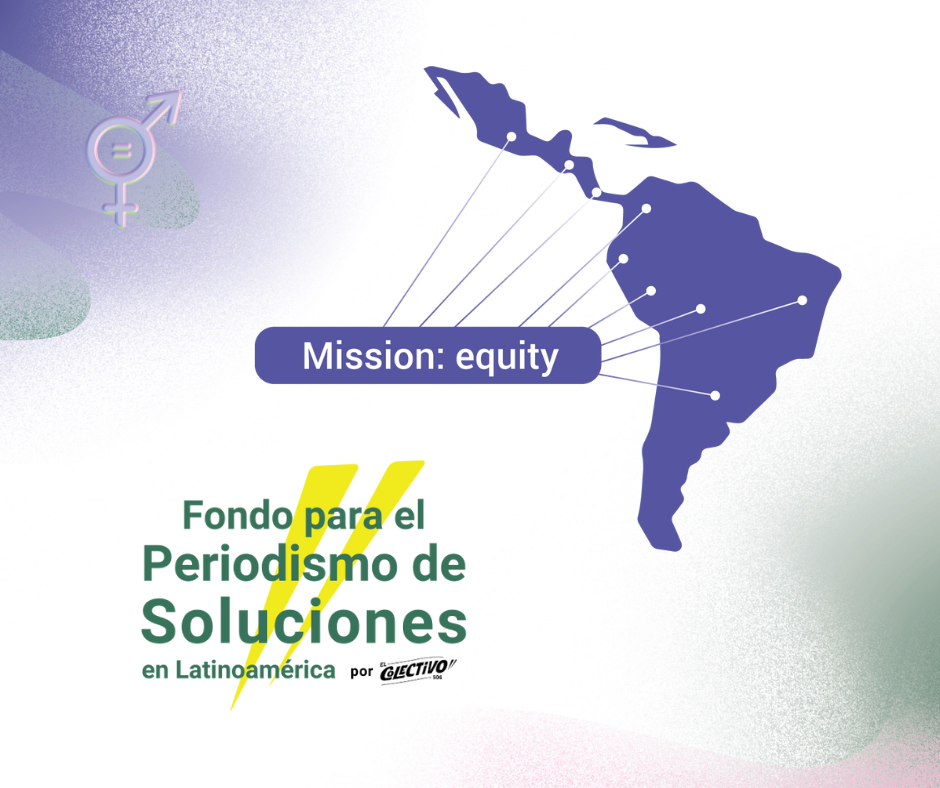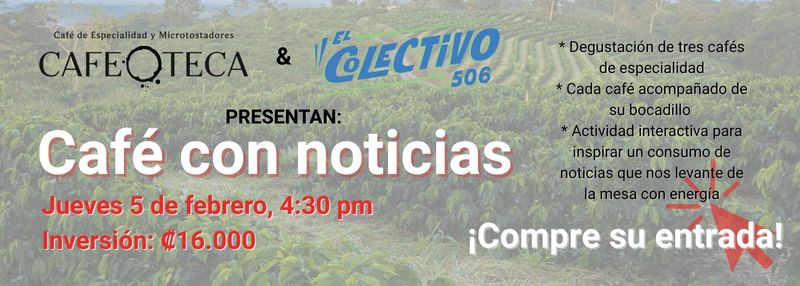From January through April, we’ve been working on an edition unlike any we’ve ever done before in our more than four years of publication.
This month, we’ll be sharing with you the work of 21 women journalists from nine countries, who, all year long, have been creating 16 stories of responses to gender inequity in their countries. These journalists have prepared for you longform narratives, podcasts, videos, and photo essays that capture the hard and often under-recognized work of all kinds of people across Latin America—workers, caregivers, activists, community leaders, nonprofits, local governments, and national policymakers—to improve the lives of women and other vulnerable groups. These stories show what is possible when we provide not only equal conditions to all genders, but also provide the extra support that’s needed to make up for historical inequality and neglect.
It’s easy to feel that we are living in dark times for women, the LGBTIQA+ community, and human rights in general. But for months now, here at El Colectivo 506 and the Latin American Solutions Journalism Fund, we—Mónica and Katherine—have been paying witness to points of light in that darkness. Examples, not of perfection, but of good ideas, patient implementation, and persistent collaboration that have made an impact.
Today, we start sharing these journalists’ stories with you, standing alongside 15 newsrooms across the region that are co-publishing these remarkable pieces.
Will you join us on Mission: Equity?
This month’s edition has been created by journalists who have received reporting grants from our Latin American Solutions Journalism Fund, an initiative of El Colectivo 506 to provide training, coaching, and monetary support to the work of solutions journalists who are building a “library of what works” throughout our region. The grants for our Gender Equity Cohort were made possible by the financial support of the Solutions Journalism Network and the Hewlett Foundation; Fundación Avina and their InnContext agency; the Burgess Fund; and two individual donors to our Solutions Journalism Fund, Sara Emley and John Stanley.
Meet the participating journalists:
 Adriana González (El Salvador) will report on a women-led community science program that carries out hydroclimatic monitoring, promoting the participation and empowerment of rural women in science and raising awareness about their contribution to emergency prevention. Adriana will create a series of videos, photo carousels and narrative texts for social networks that will be published at Proyecto Lava. |
||
|---|---|---|
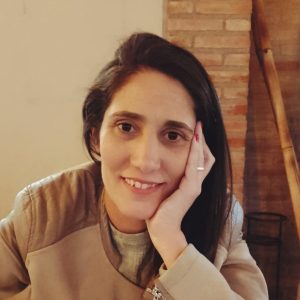
|
||
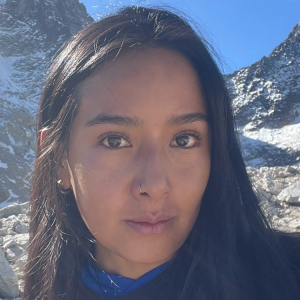 Alba Rosario Rivas Medina (Peru) will report on how a group of women participating in a national committee of civil society organizations are incorporating gender into public climate change policies in Peru. |
||
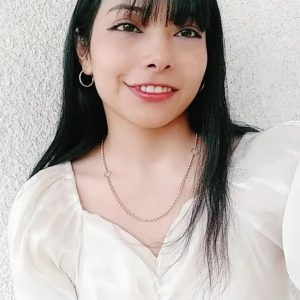 Brenda Villalba Sánchez (Bolivia) will report on one of four community centers in Bolivia that protects the rights and safety of trans women. Brenda will create a longform story with audio and video elements. |
||
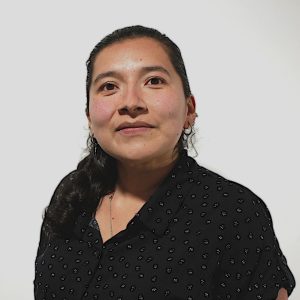 Camila Ramírez Vásquez (Colombia) will report on a municipal project in Bogotá that builds infrastructure and creates service programs for women caregivers in the city, supporting the integration of these women into the economy. Camila’s multimedia project will be published by El Turbión. |
||
 Diana Hernández Anzora and Lisbeth Ayala Vásquez (El Salvador) will report on a network of Salvadoran indigenous women that has raised awareness of, and reduced, gender violence. The network promotes the training and empowerment of community leaders and the care and support of victims. Diana and Lisbeth will create a series of micro-documentaries for YouTube. |
||
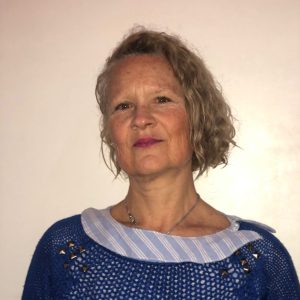 Eva María Marabotto (Argentina) will report on a training project for women carried out by a union so that they can enter the construction sector. It had an impact on the implementation of a quota for female participation in the construction of public works that already applies in the city of Salta, in northern Argentina and in other cities in the country. Eva will make a written report. |
||
 Gabriela Modesto, Graciela Tiburcio Loayza, and Lucero Ascarza (Peru) will create a multimedia report on a microcredit program for women in seven regions of Peru that allows them to start businesses and generate financial capabilities. |
||
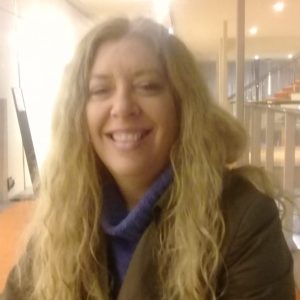 Julieta Galera (Argentina) will report on the impact of a national plan for the prevention of child and teen pregnancy. Julieta will write a longform piece that combines data with the stories of the ENIA Program’s political managers and health workers. |
||
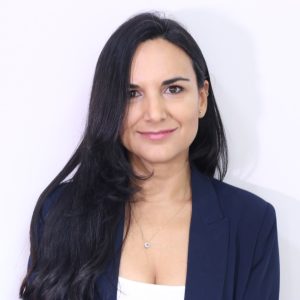 María Cecilia Fernández Castañón (Argentina) will write about the implementation of gender policies in public organizations that have highlighted and enhanced the role of women in small-scale agriculture. Cecilia’s piece will be published in Ambientenea. |
||
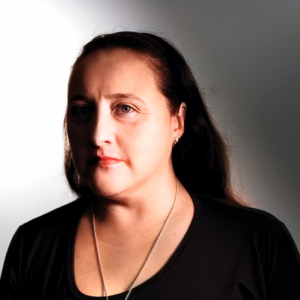 María Gabriela Castillo (Ecuador) will investigate a circular economy law that has improved the working, social and economic conditions of grassroots women recyclers. María Gabriela’s story will be published by Periodismo Público. |
||
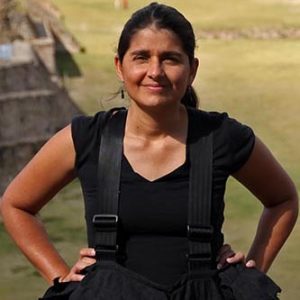 Mayela López Corrales (Costa Rica) will create a photo essay about a high school program in Costa Rica that promotes their participation in science. |
||
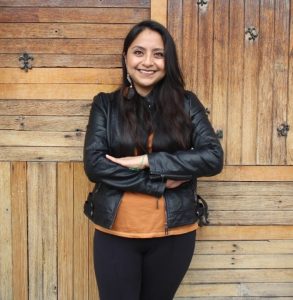 Paola Torres Nahuatlato (Mexico) will create a multimedia report on the implementation of sexual and reproductive education programs in the prison system of Tlaxcala, Mexico—and the impact of the programs not only on inmates, but also on the system itself. |
||
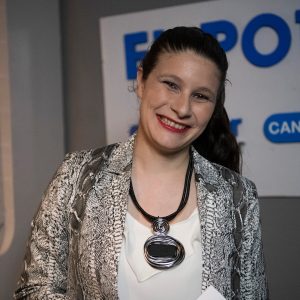 Soledad Bavio (Argentina) will write about a program that began in Brazil in 2002 to create spaces for conversation between adolescents and young men about masculinity, which has since been replicated in 20 countries. |
||
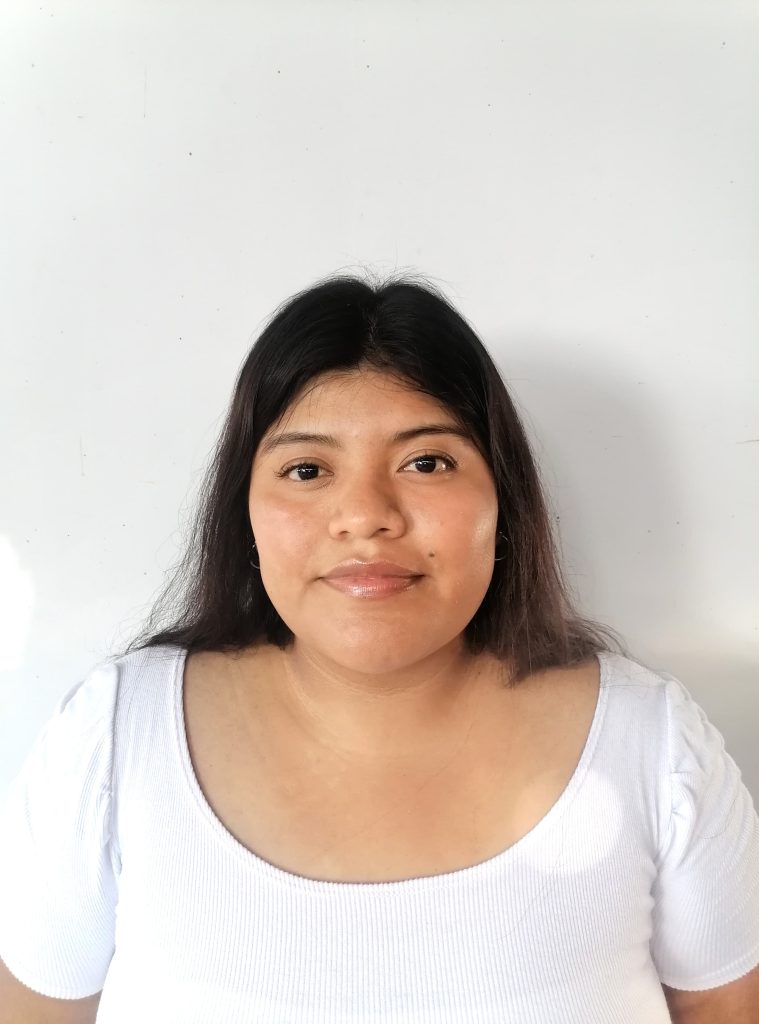 Brigide Scarlett Timana Zapata (Perú) will report on a rural network of community defenders who support victims of violence. |
||
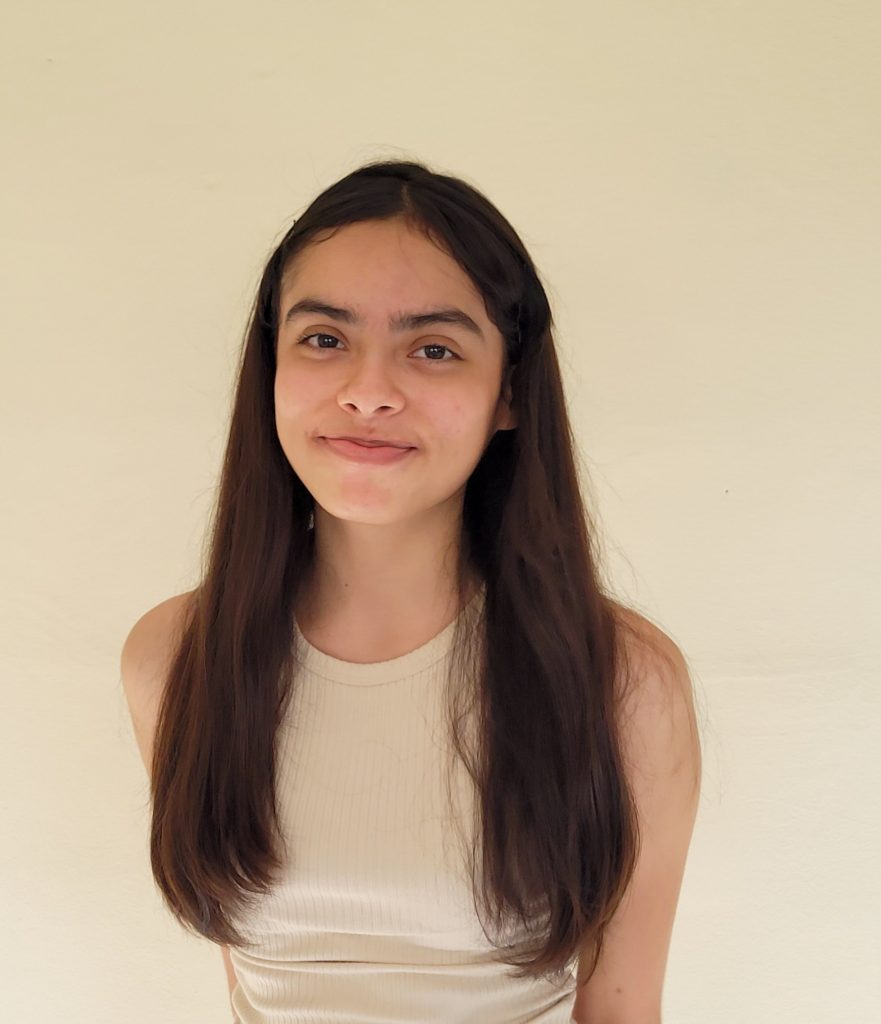 Gabriela Carolina Montenegro López (El Salvador) will report on a local effort to train women interested in improving their autonomy through agriculture. |


